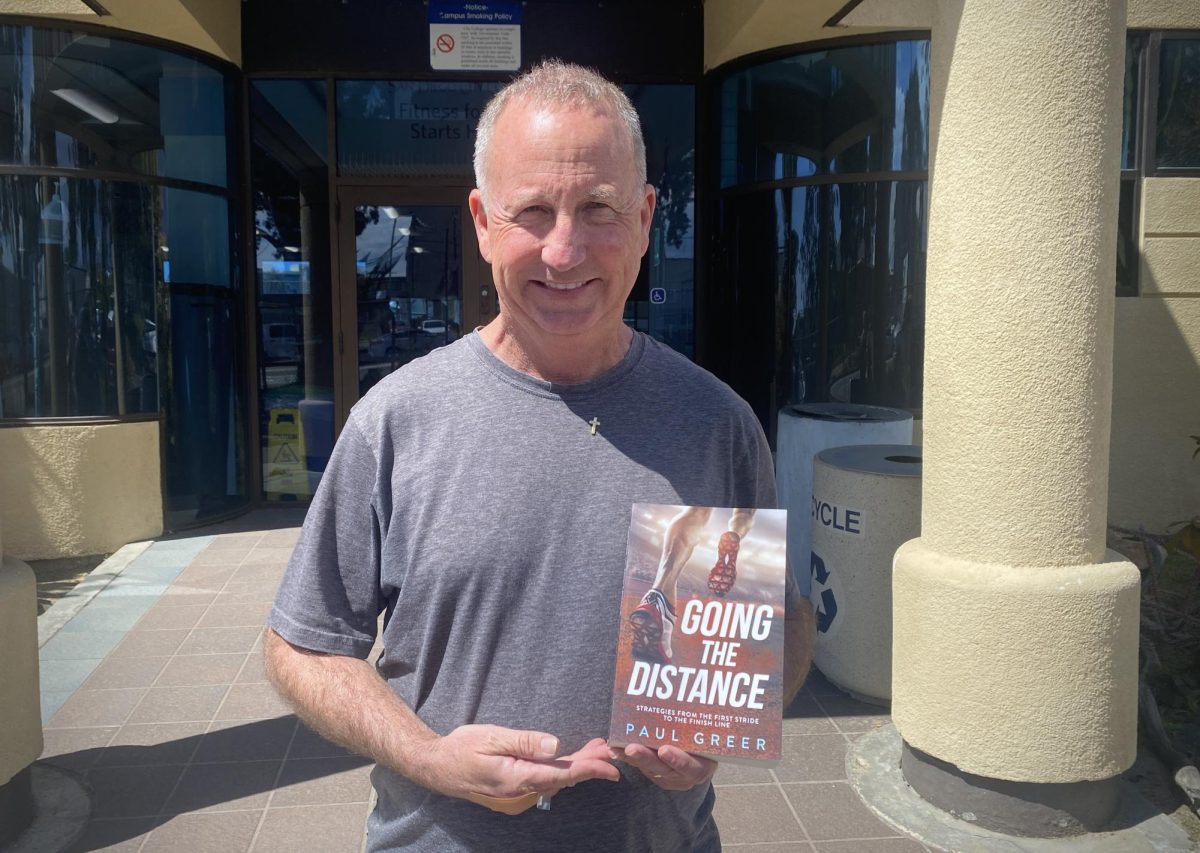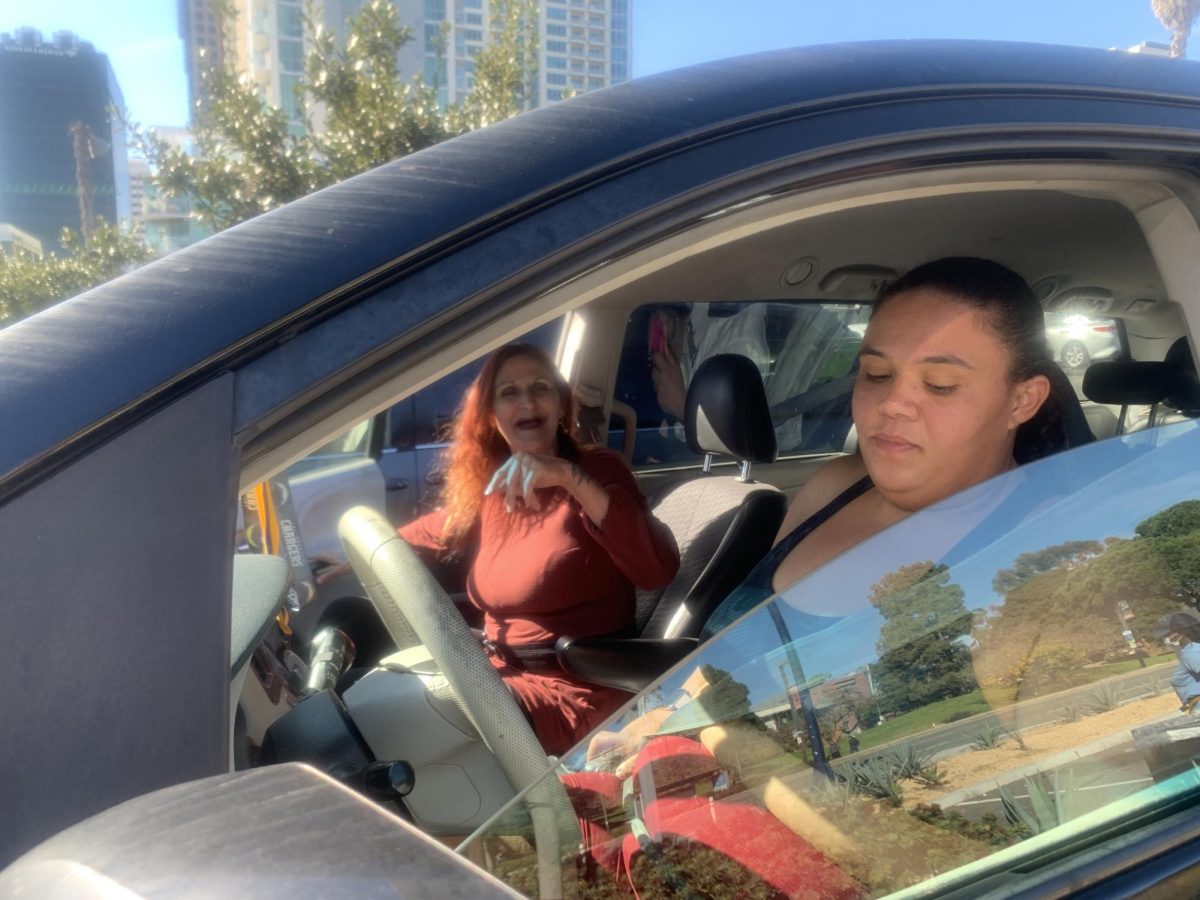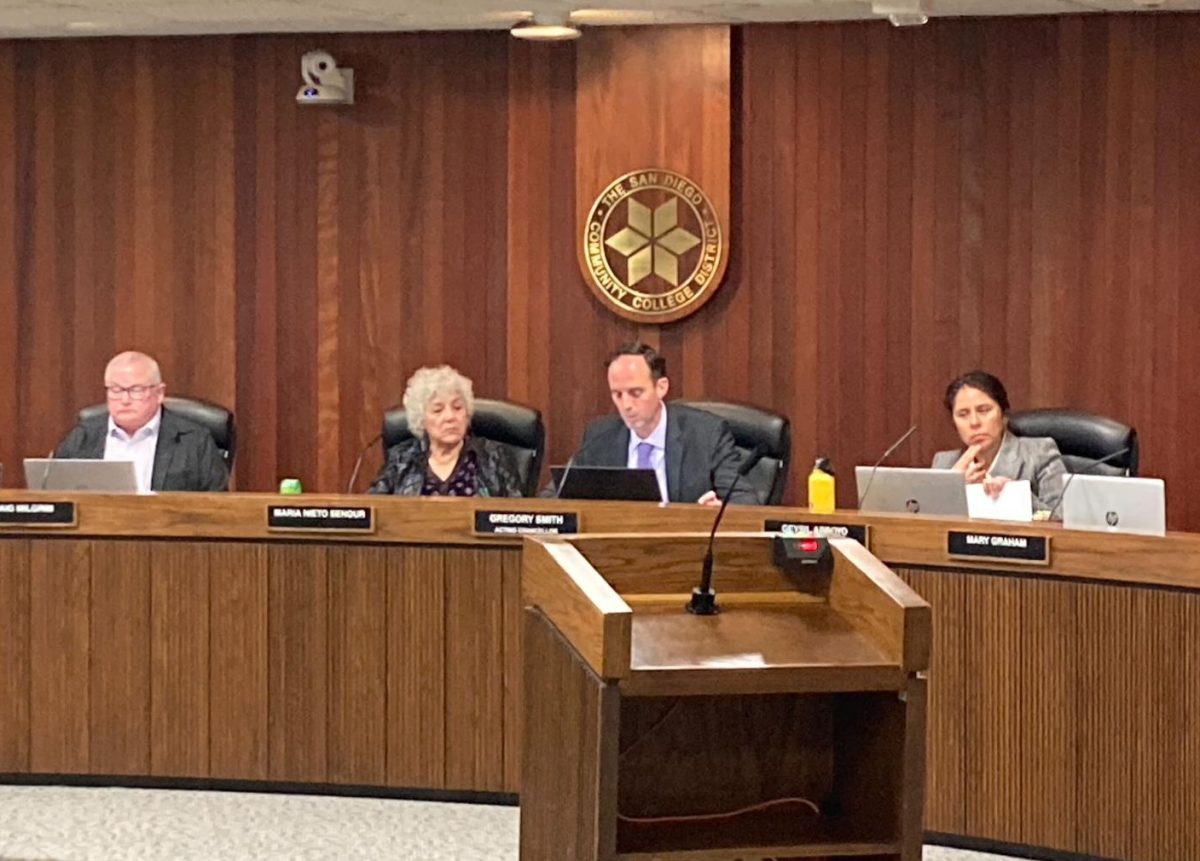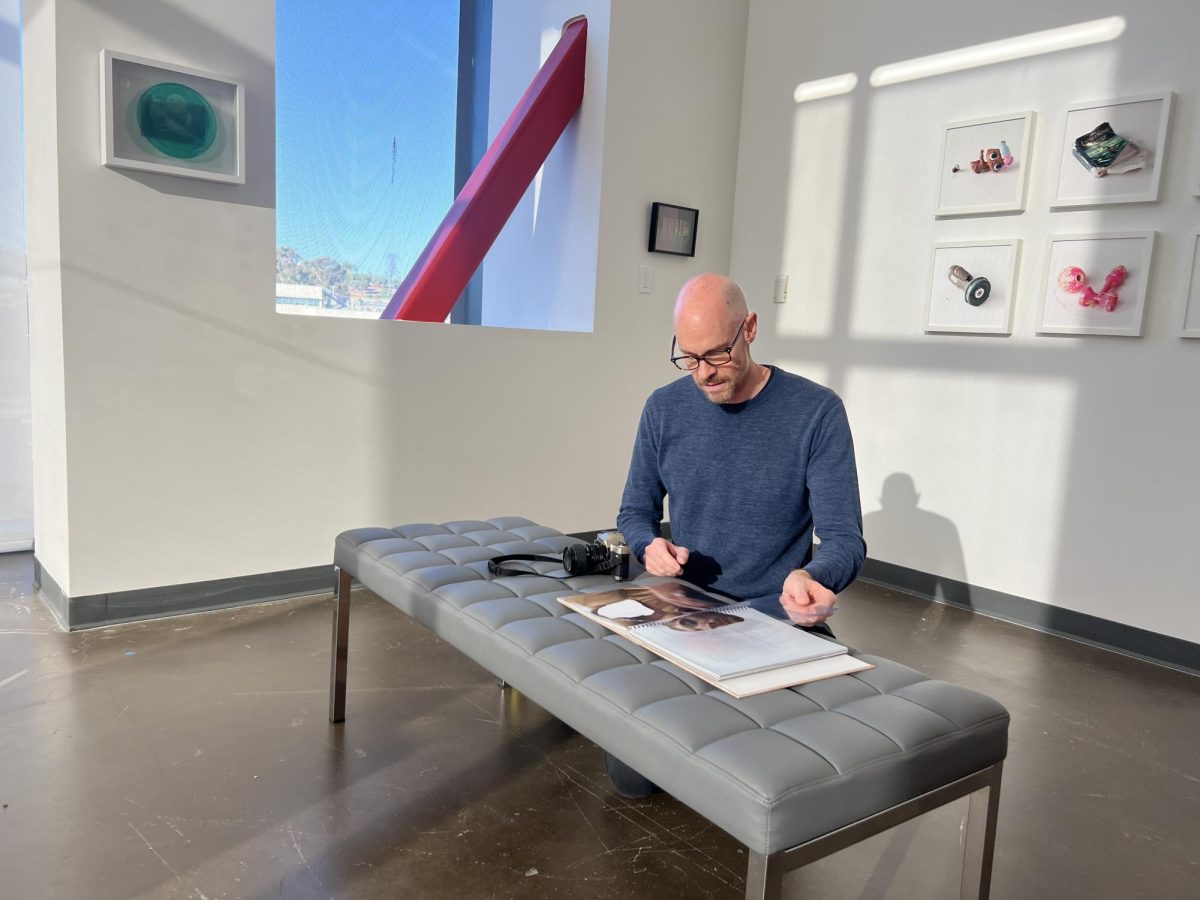It’s not a boycott or a strike, but many Muslim students at City College are abstaining from food and drink this month, and it’s by choice. They are following one of the 5 pillars of their religion, Islam. But is it that simple?
Ramadan is a religious event. Muslim’s all over the world take part in it by abstaining from eating and drinking and for married couples sexual intercourse, from dawn to sunset. In San Diego the break of dawn starts around 5:00 a.m. and the sun sets around 7:00 p.m.
Islamic religious events are based on a 12-month lunar calendar, and Ramadan is the name of the 9th month. In this month, the first verses of the Quran are said to have been revealed, therefore, it is the month mandated to be observed by God. In a lunar calendar year, there are 354 days, each month beginning with the first sighting of the crescent moon. According to the Gregorian calendar, used in the Americas and Europe, Ramadan will move up a couple of weeks every year. This year, Ramadan has landed on the first of September, and Muslim students will continue to fast for the next 30 days.
So how do students at City deal with this obligatory rite?
“I’m used to it,” says 20-year-old, Sharmarke Ali, a psychology major. He has been fasting since the age of 12. Ahmed Jama, a business major, now 21, has been fasting since he was 11, and says, “Its not that hard.” Although not everybody is obligated to participate, such as young children, the elderly, pregnant or breast-feeding women and those that are ill, other things can be done to observe the month.
During this period believers should avoid backbiting, lying, cheating, stealing and anything that is considered “haram” or forbidden. Besides not ingesting food or water, Ramadan is a time when believers try to find closeness to their God, to their religion and to their spirituality. It is also a time when concentrating on other religious practices is encouraged, like Zakat (charity) and Salat (praying), another two pillars of Islam.
Rushing to class, studying, praying and being good on an empty stomach is not easy. But, 19 year-old Hafsa Abdille has not encountered any difficulty in maintaining herself. “It’s been really easy.mostly because my classes are early,” although she did say that around noon it starts to get hard for her.
And what about the other important pillar of Islam, the prayers? Praying (Salat) in Islam consists of 5 daily prayers, done at certain times throughout the day. “I go to an empty classroom or the library”, said Hafsa. “You can pray anywhere, even the grass,” interjected Ali. But most importantly, they agreed, when teachers are aware of their beliefs, they are accommodating and willing to excuse you for a couple of minutes to pray.
Another support for Muslim students on campus is through organized clubs. A few semesters ago there was a Muslim organization on campus run by students. So far this organization has not signed up for this semester, but students are welcomed to do it.
“Students sign up, they start their own club, find a faculty adviser and some members” said Sophia Fuentes, a clerical assistant from the student affairs office. This gives Muslim students a chance to connect with one another. One of the reasons Hafsa she likes to fast is that it helps her with her religious beliefs in a country where Islamic beliefs are not as resonant as hers. “It helps me to not forget.”
Ultimately, the decision to fast is personal. For Hafsa, the most important thing is to “personally connect with God.” There are also other things she hopes to gain and is already experiencing, like staying humble and being grateful for what she has. “It’s human nature to look at what you don’t have and want it. I’m thankful to God for what I have.”
The day after Ramadan, a big feast is held, known as the “Eid Al-Fitr”, meaning just that, the “feast of the fast breaking,” where Muslims gather with friends and family to eat, celebrate and eat some more, for the arduous yet rewarding experience of Ramadan has ended.







